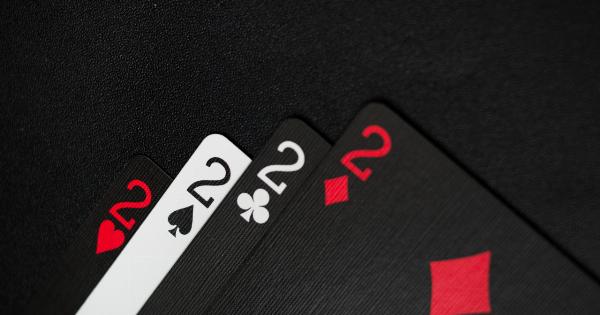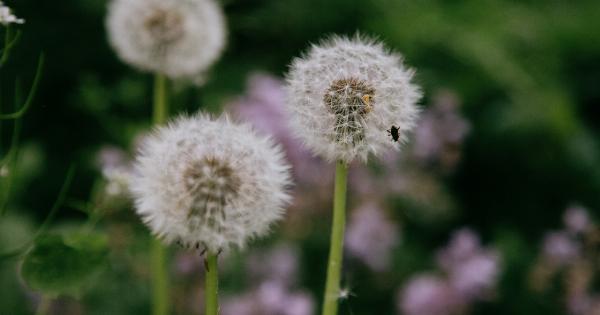Mosquitoes are pesky insects that can turn a pleasant evening outdoors into an itchy nightmare.
Have you ever wondered why some people seem to be more attractive to mosquitoes than others? Well, it turns out that there are several factors that determine why mosquitoes bite certain individuals more frequently. In this article, we will explore seven of these factors and shed some light on this irritating phenomenon.
H2 Tags
1. Blood Type.
Some studies suggest that certain blood types are more enticing to mosquitoes than others. People with type O blood seem to be at the top of the menu for these buzzing insects.
On the other hand, individuals with type A blood tend to attract mosquitoes the least. This variation in preference could be due to the different compounds and chemicals present in each blood type.
2. Carbon Dioxide Emission.
Mosquitoes have a keen sense of smell, and they rely on carbon dioxide to locate their next meal. People who produce more carbon dioxide when they exhale are often targeted more frequently.
Factors such as larger body size, pregnancy, or excessive physical activity can increase carbon dioxide output, making certain individuals mosquito magnets.
3. Body Heat.
Another factor that attracts mosquitoes is body heat. Mosquitoes are drawn to areas of the body that are warmer, as this indicates blood vessels closer to the skin surface.
People with higher body temperatures due to genetics, metabolism, or physical exertion may find themselves with more mosquito bites.
4. Skin Microbiota.
Believe it or not, the bacteria living on our skin can influence mosquito attraction. Certain bacteria produce scents that mosquitoes find irresistible, while others act as repellents.
The specific composition of an individual’s skin microbiota may determine whether they are more or less appealing to mosquitoes.
5. Chemicals on the Skin.
Aside from the bacteria on our skin, the natural chemicals our bodies produce can also play a role in mosquito preference. Lactic acid, ammonia, and uric acid are some of the compounds that can lure mosquitoes.
People who secrete larger quantities of these chemicals might find themselves with more mosquito bites.
6. Clothing Color.
Although it may seem unrelated, the color of your clothing can make a difference in how enticing you are to mosquitoes. Dark colors such as black, navy, or red tend to attract mosquitoes more than lighter colors.
So, if you want to reduce your chances of being bitten, consider wearing lighter and more neutral colors when spending time outdoors.
7. Genetic Predisposition.
Lastly, genetics can also contribute to an individual’s attractiveness to mosquitoes. Studies have shown that certain genes can make individuals more or less susceptible to mosquito bites.
This genetic predisposition may affect the chemicals and odors emitted by our bodies, ultimately influencing mosquito preference.



























